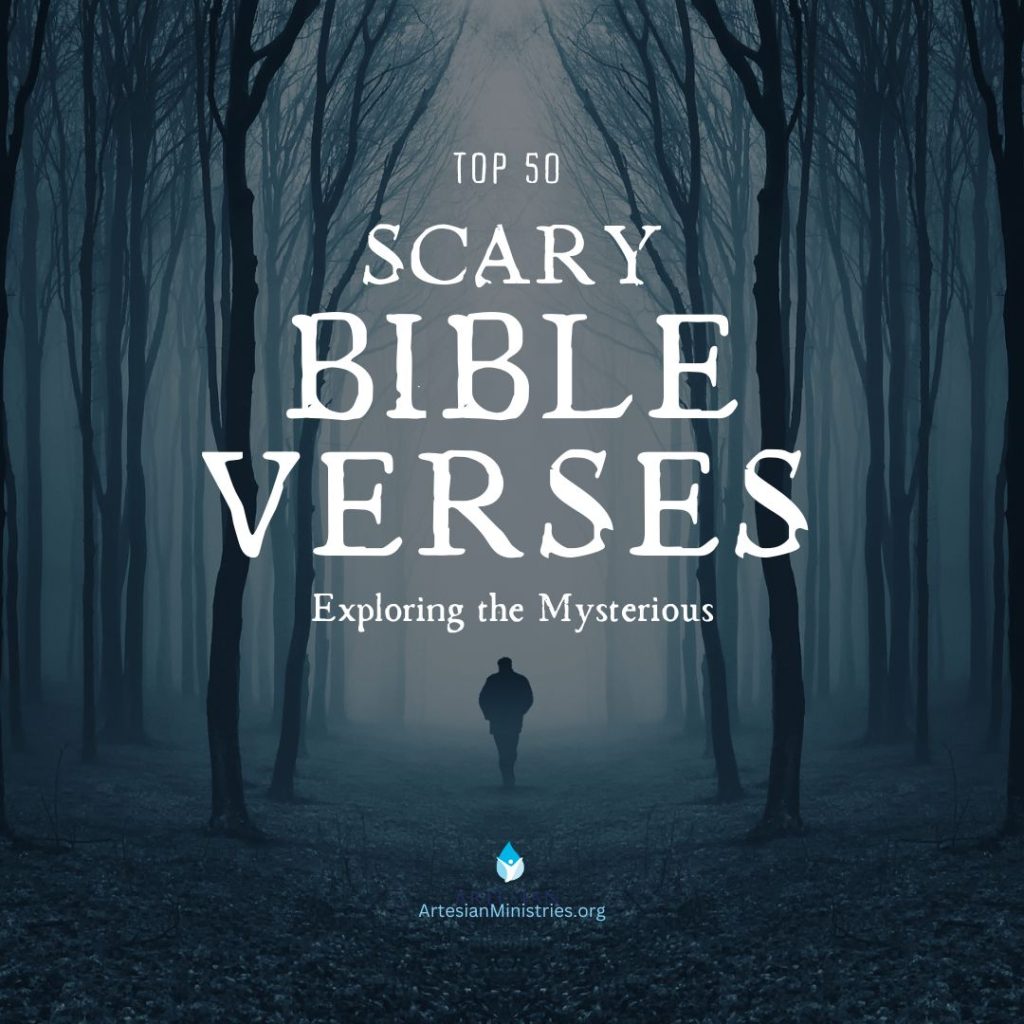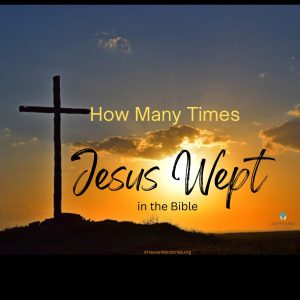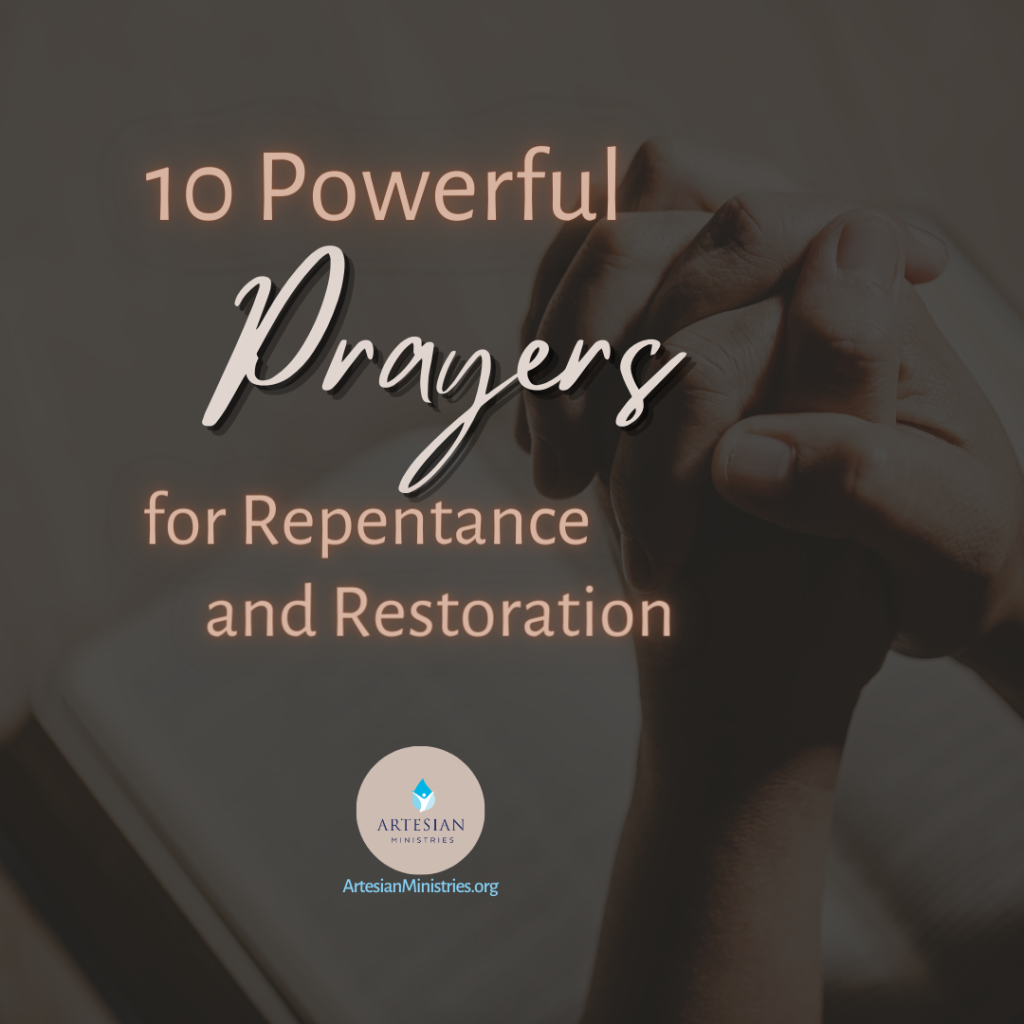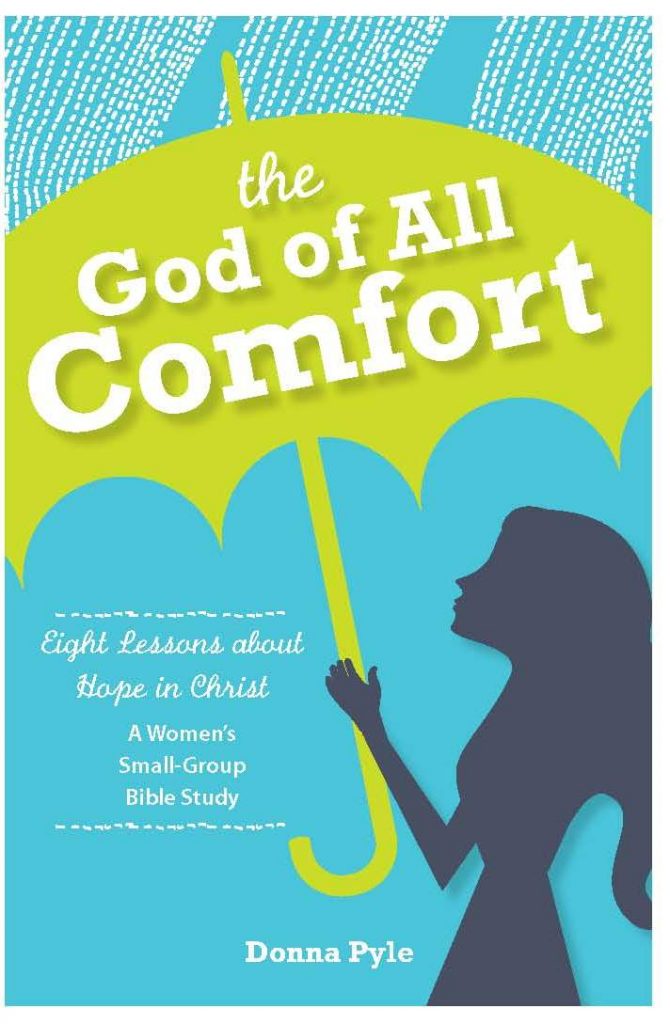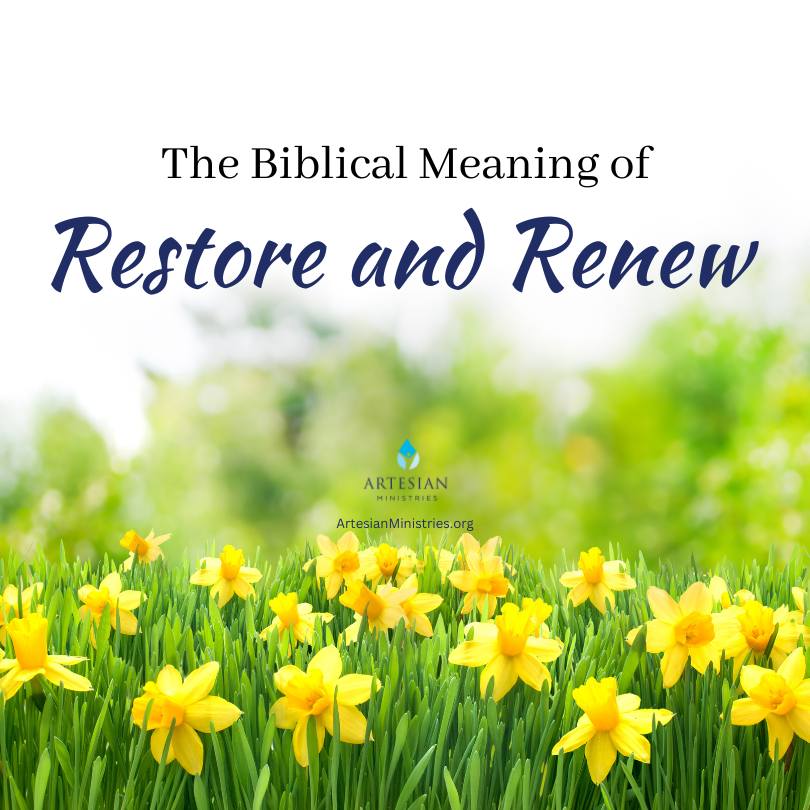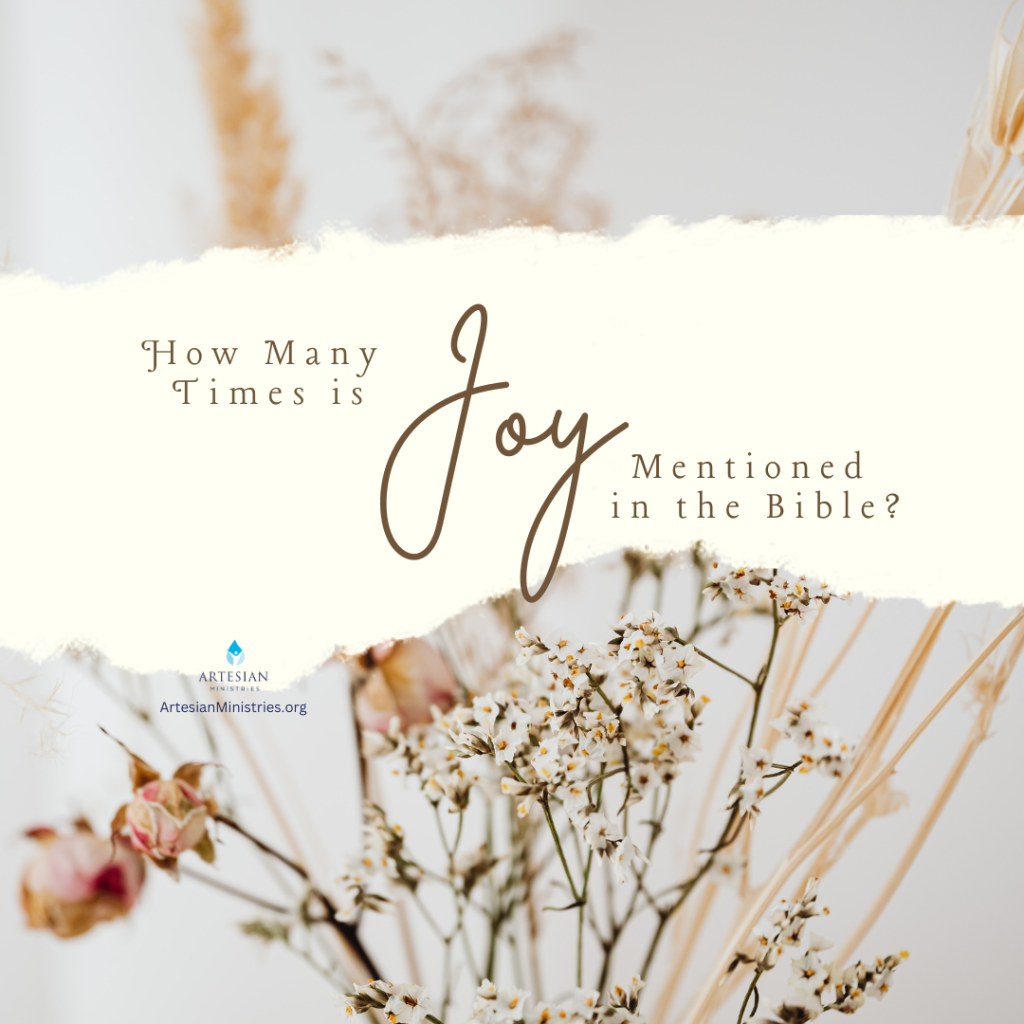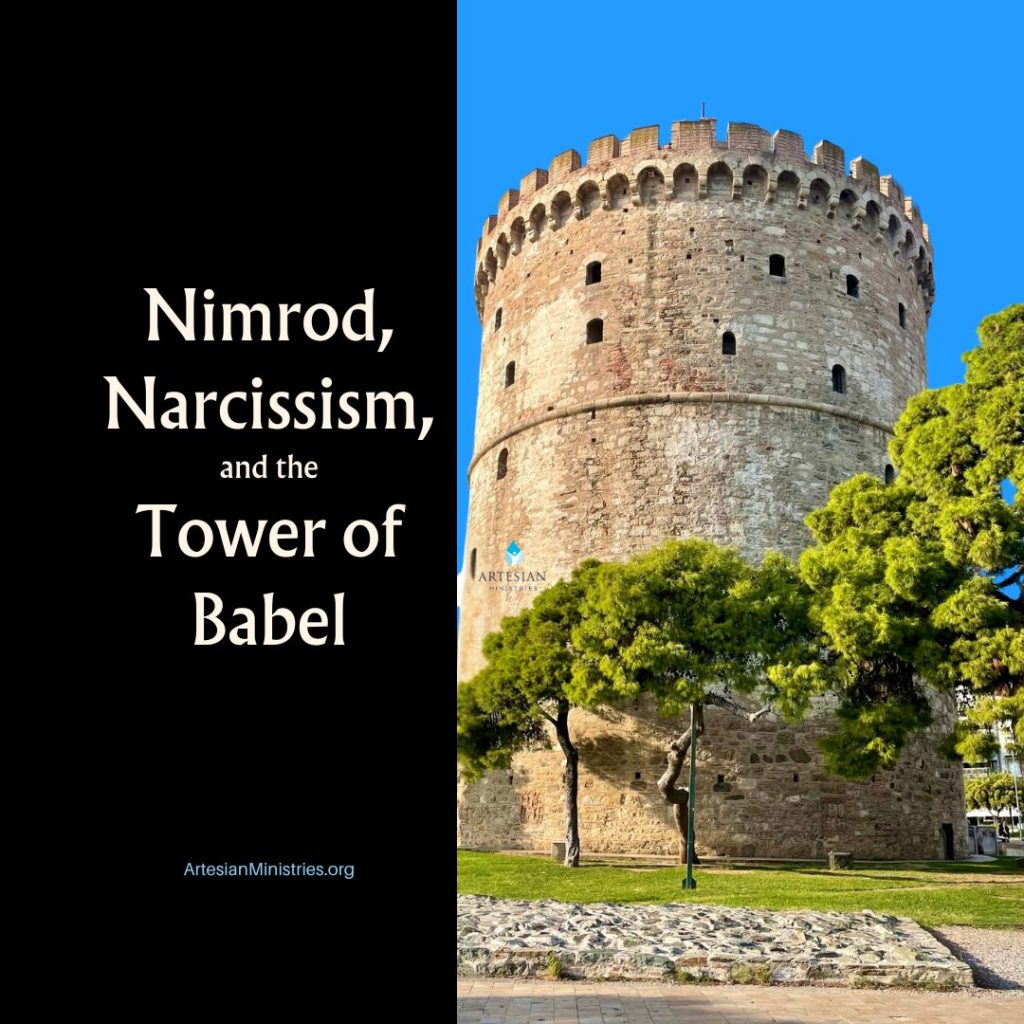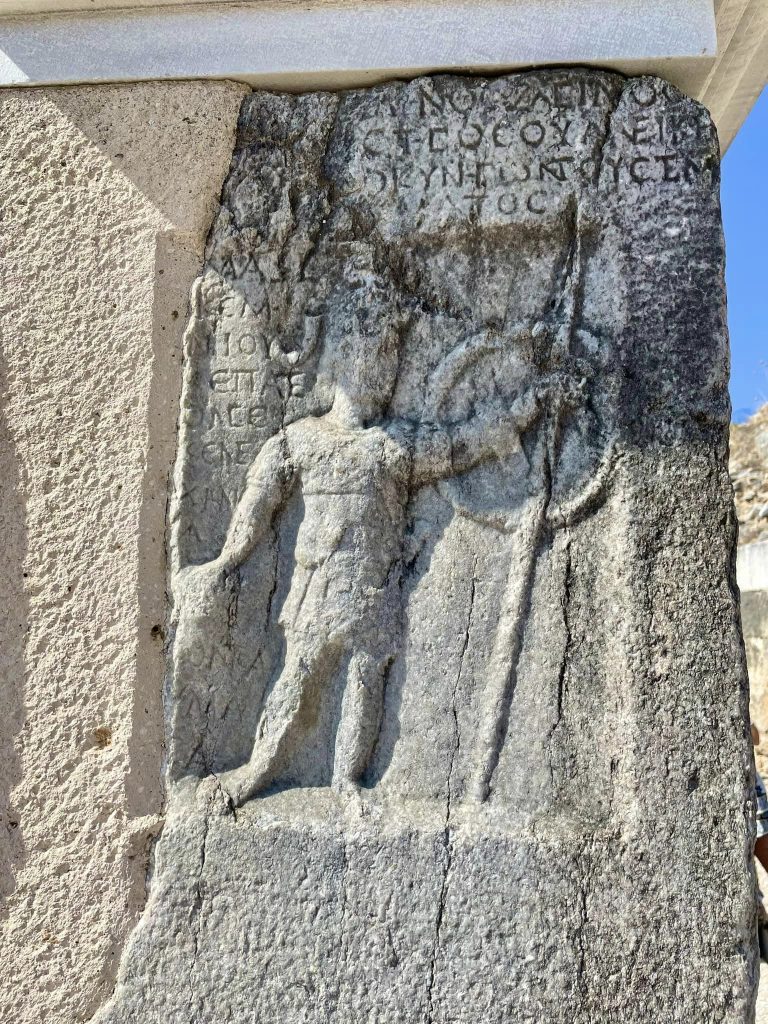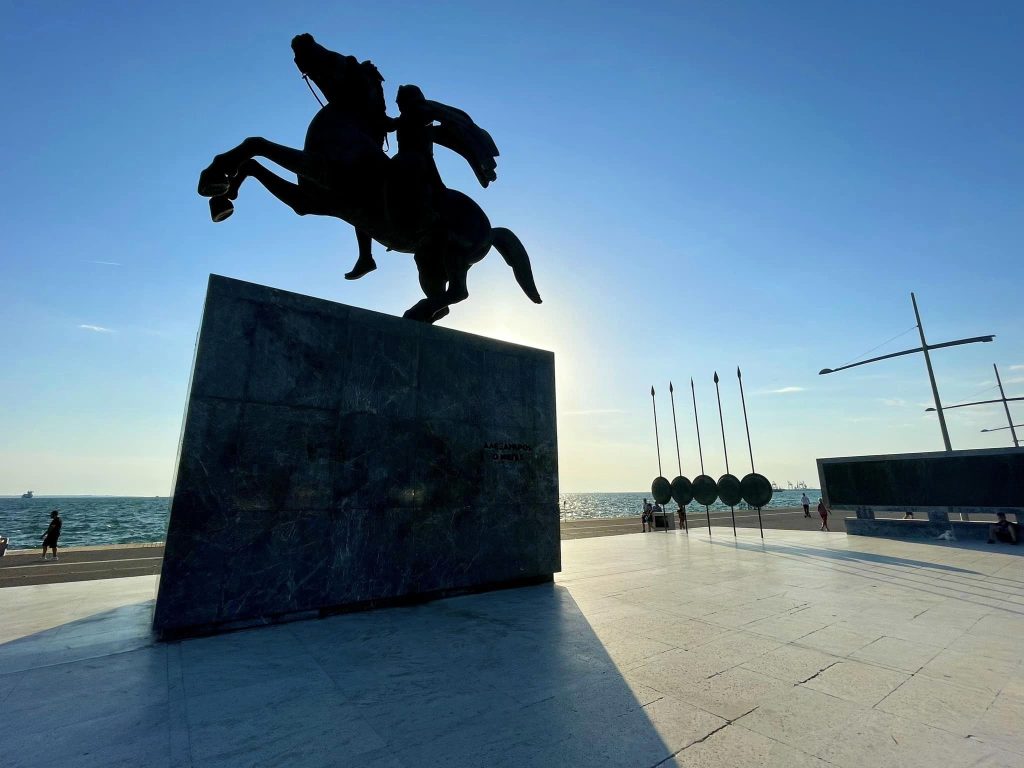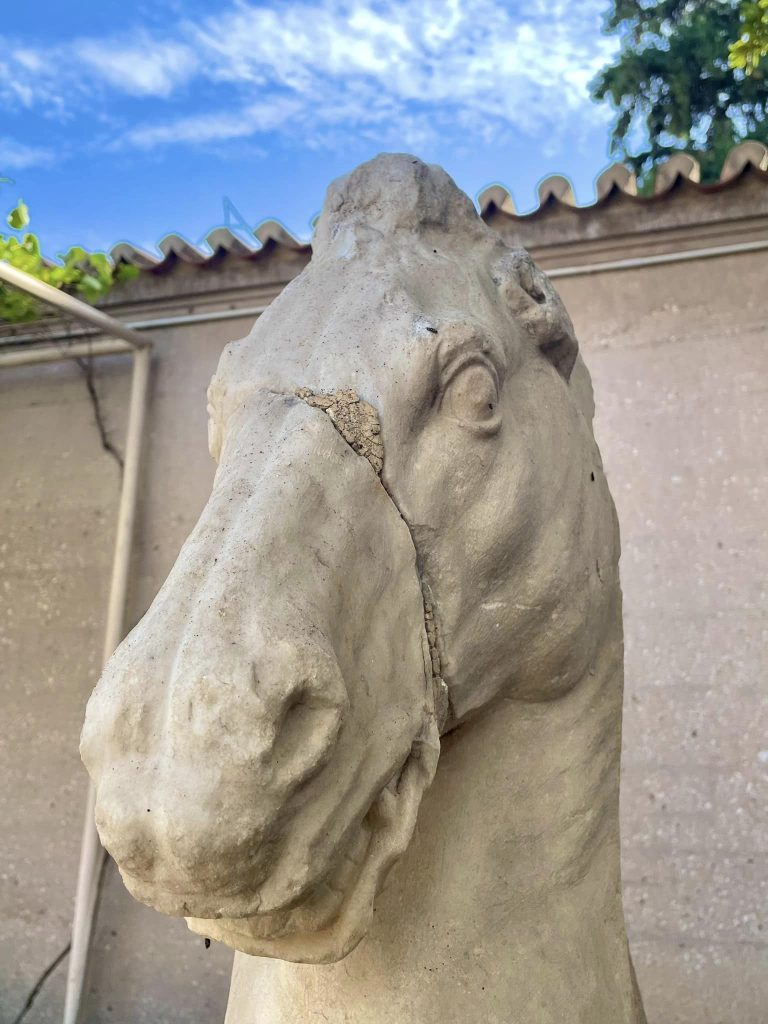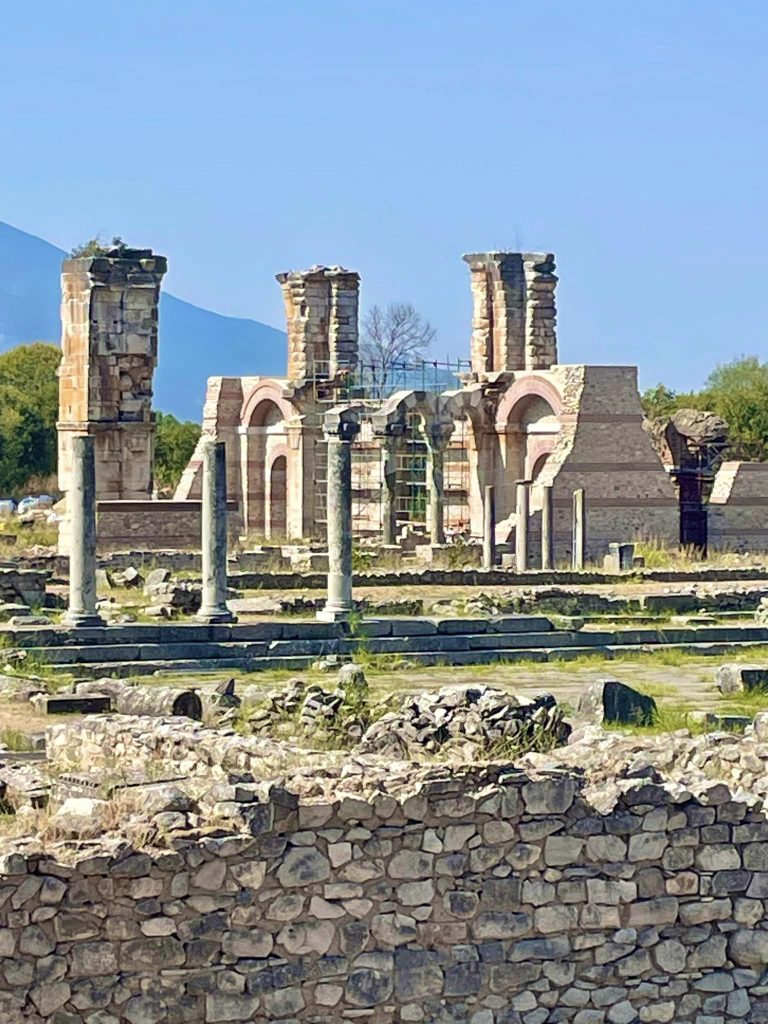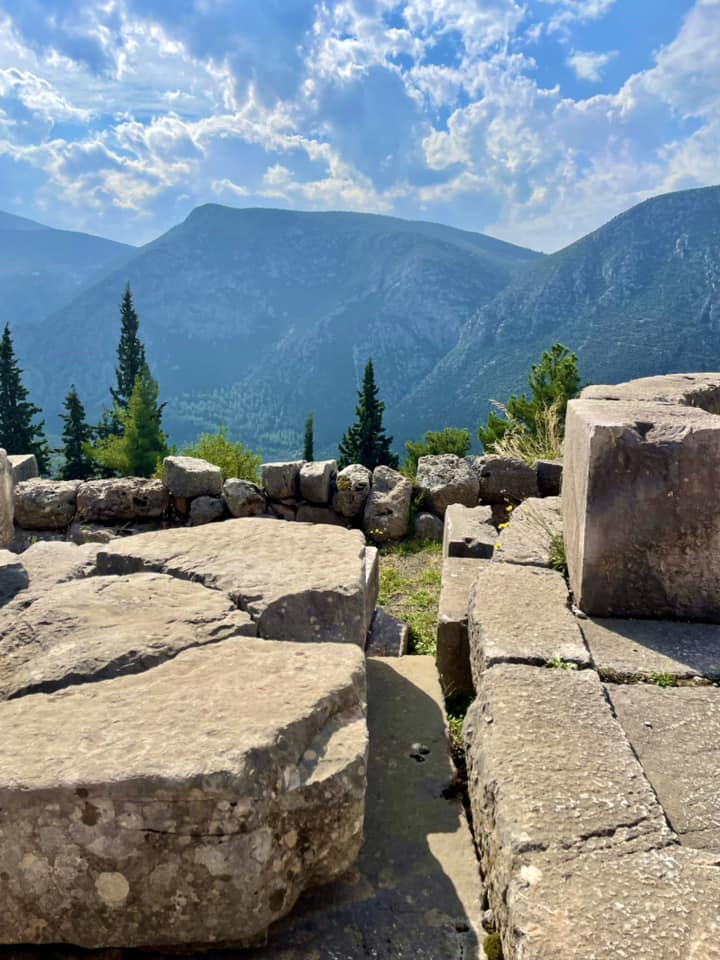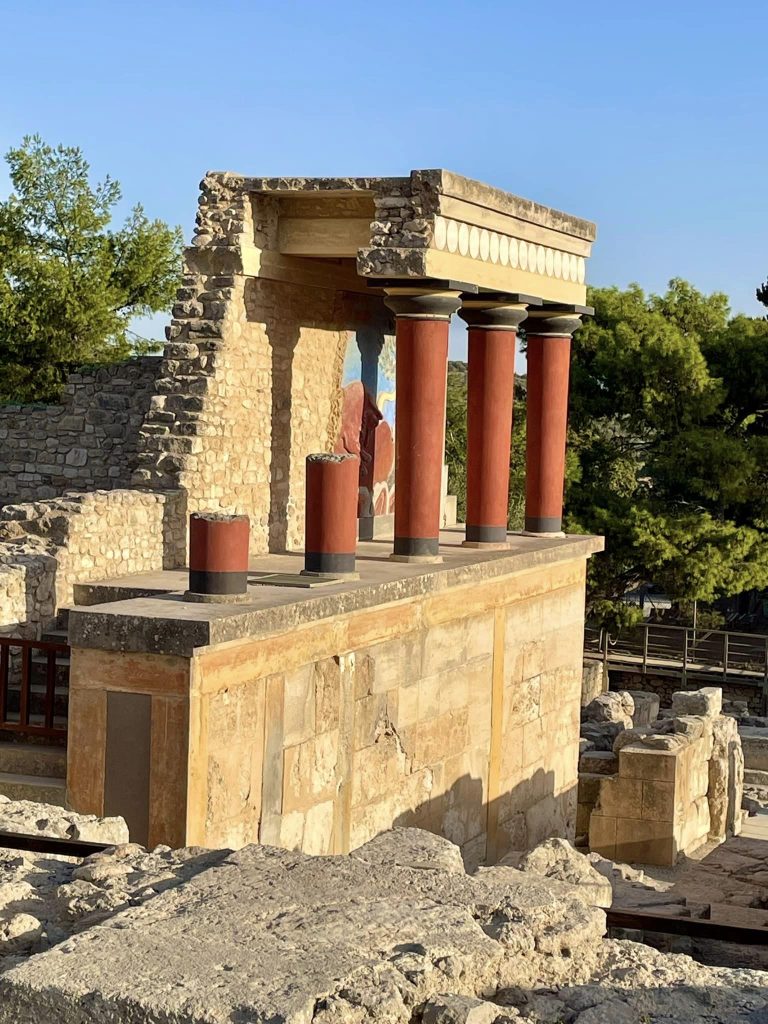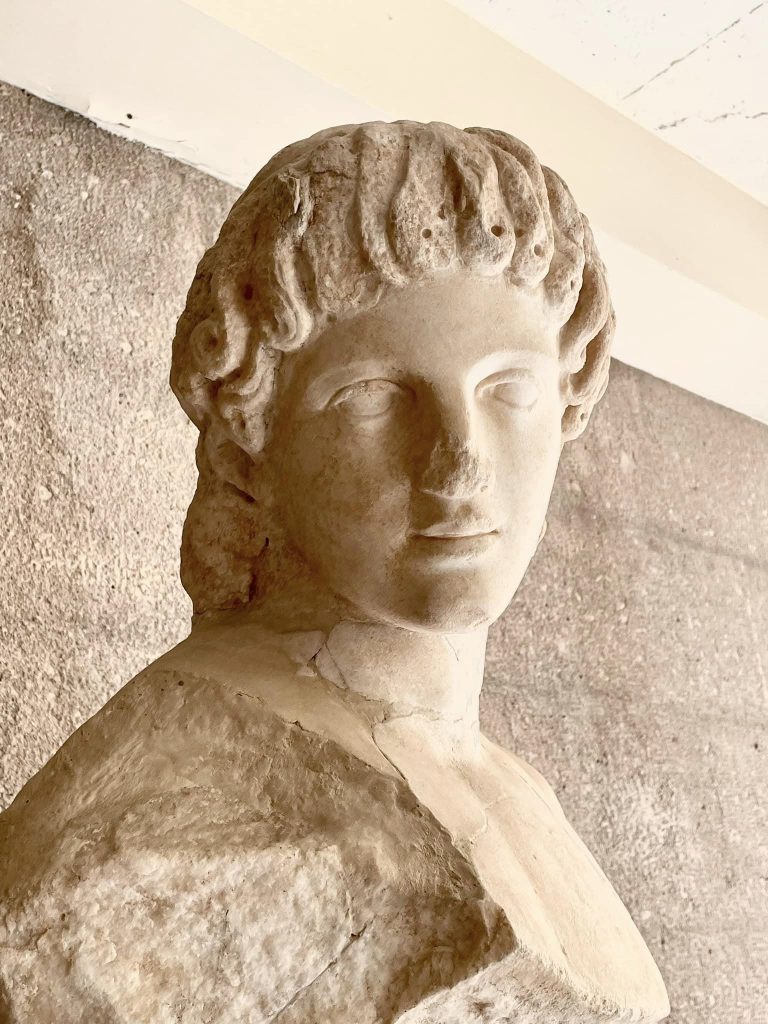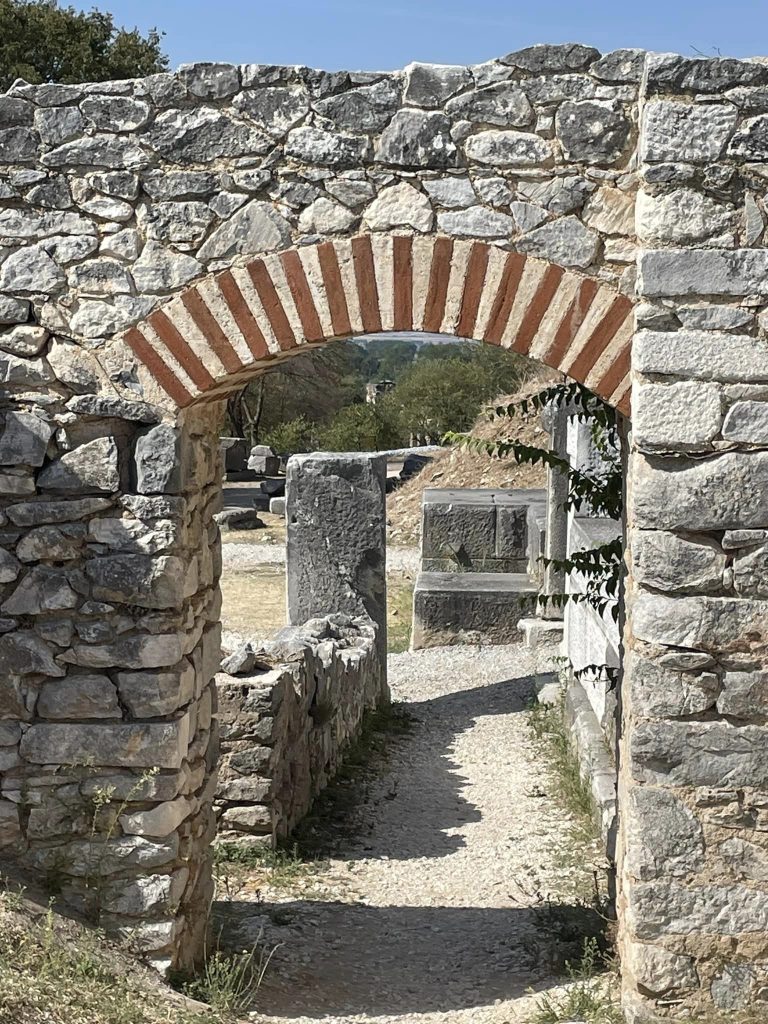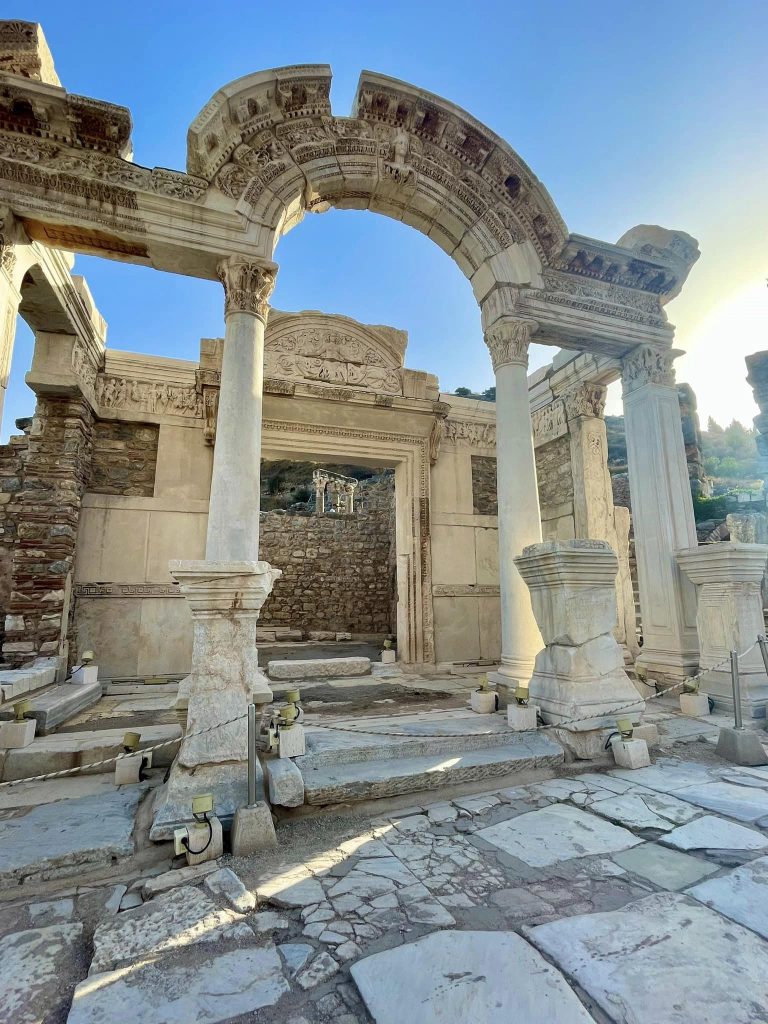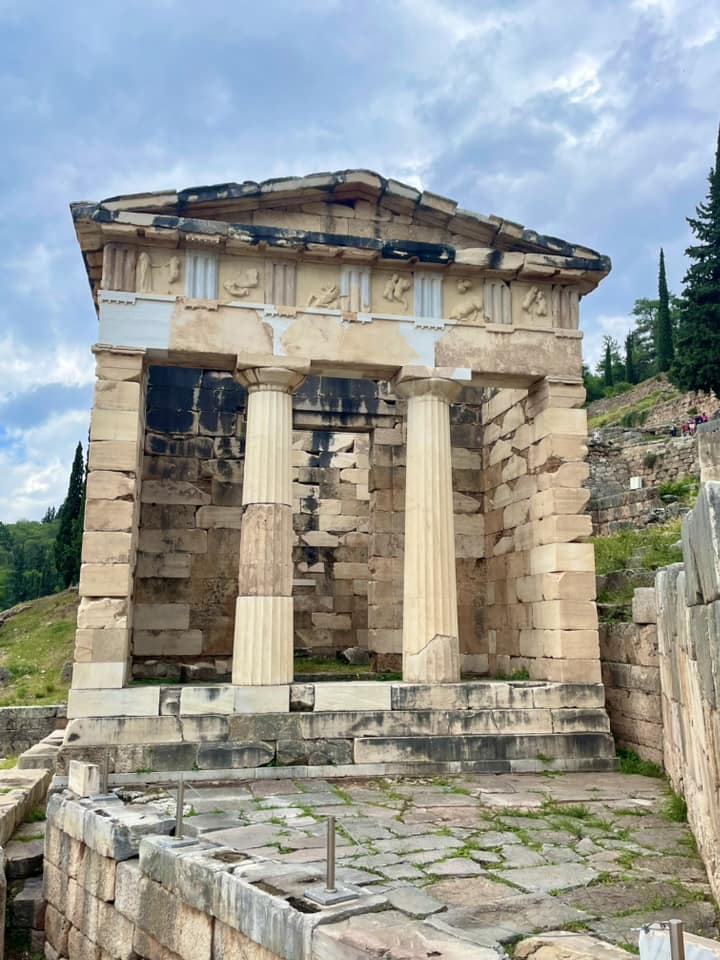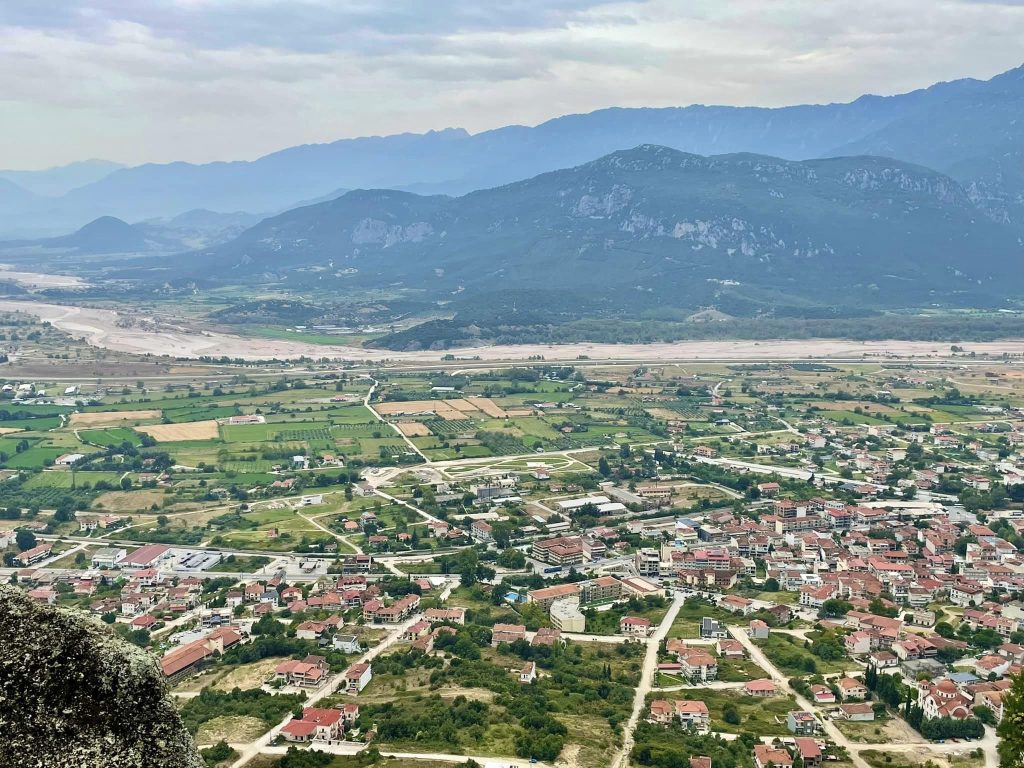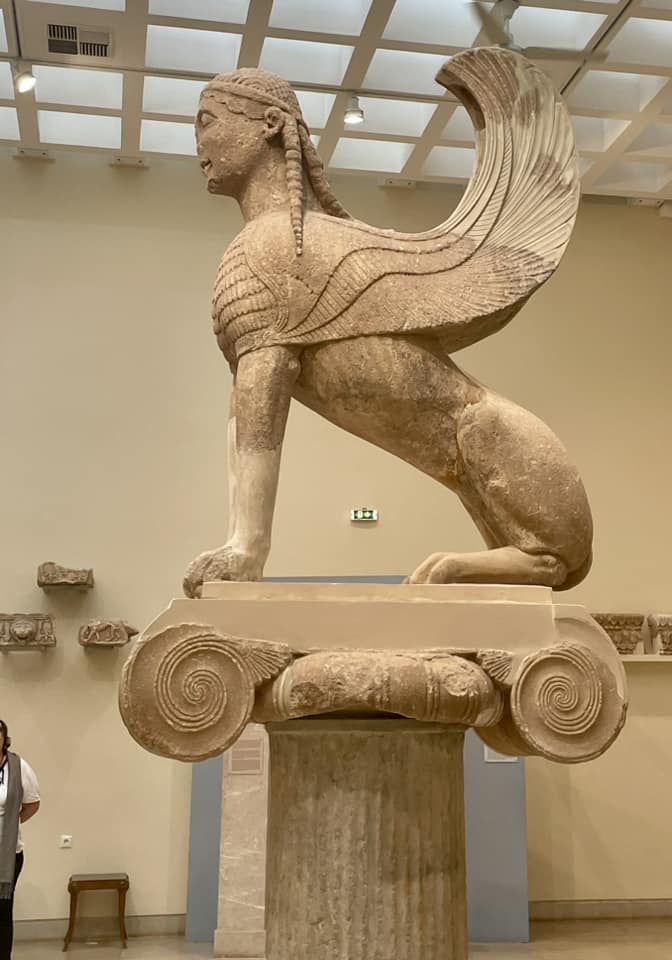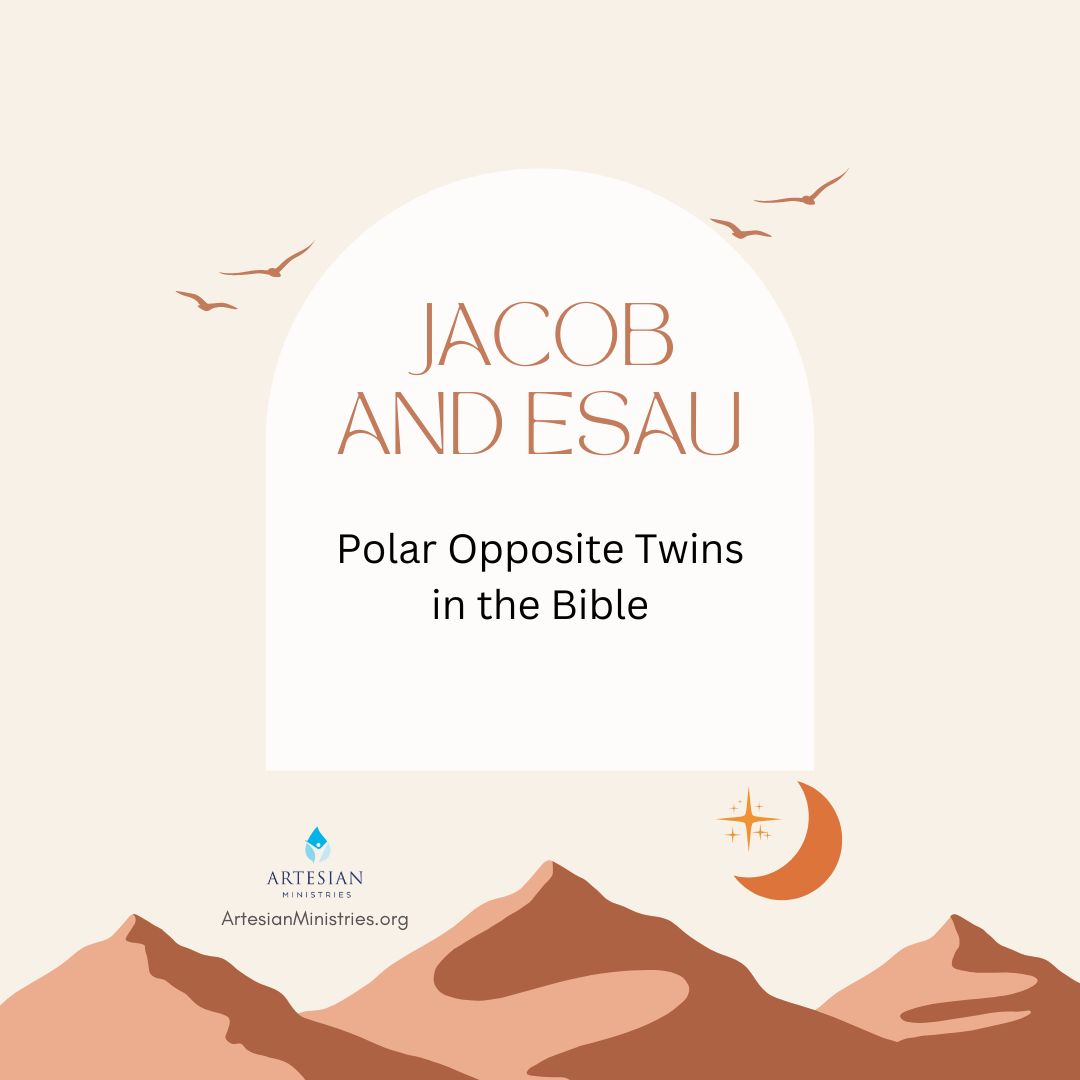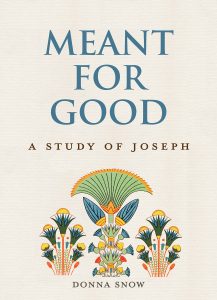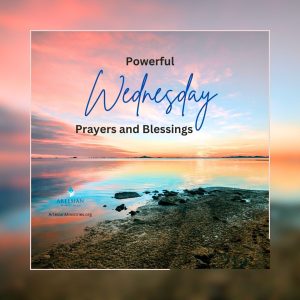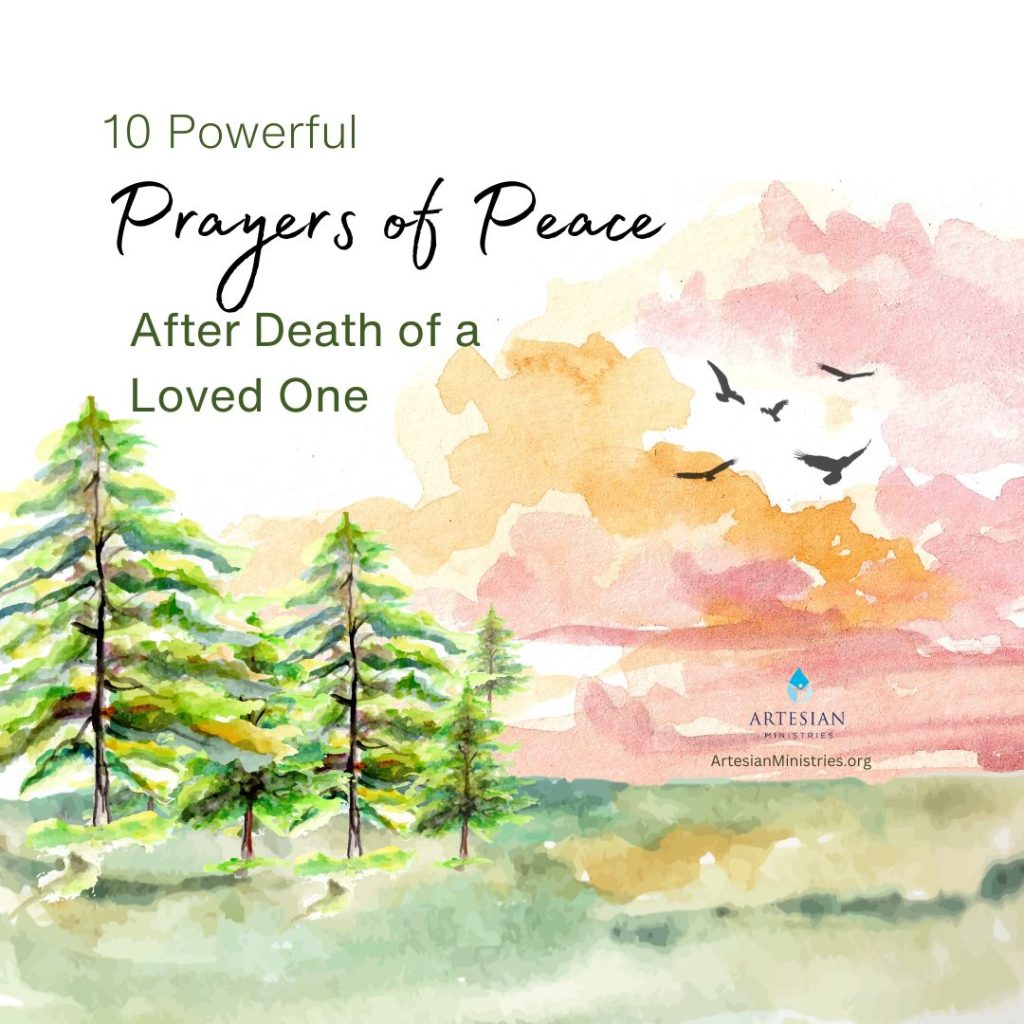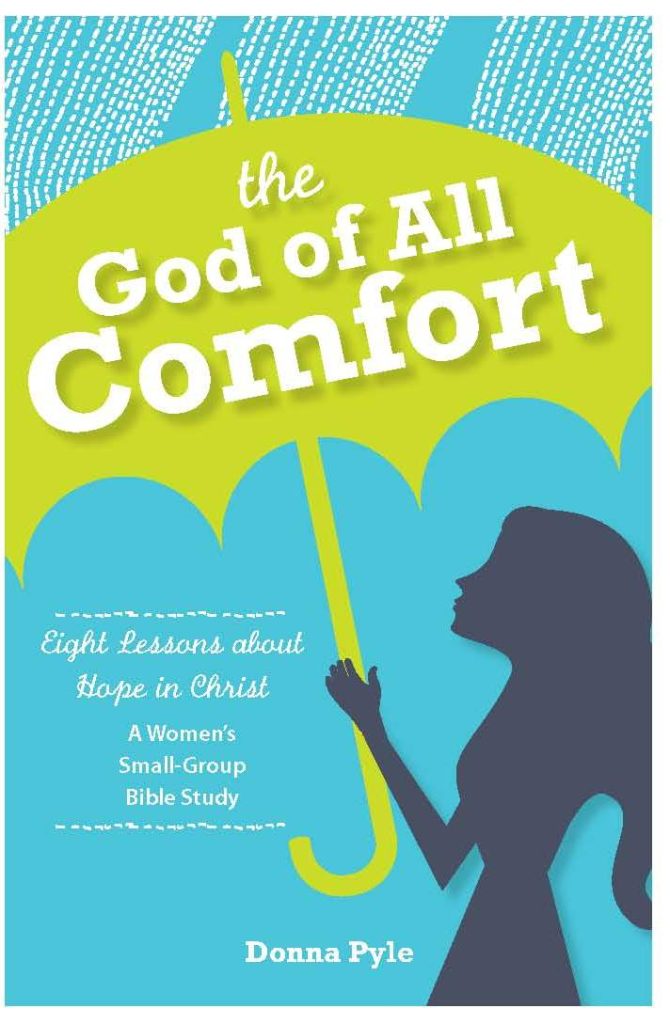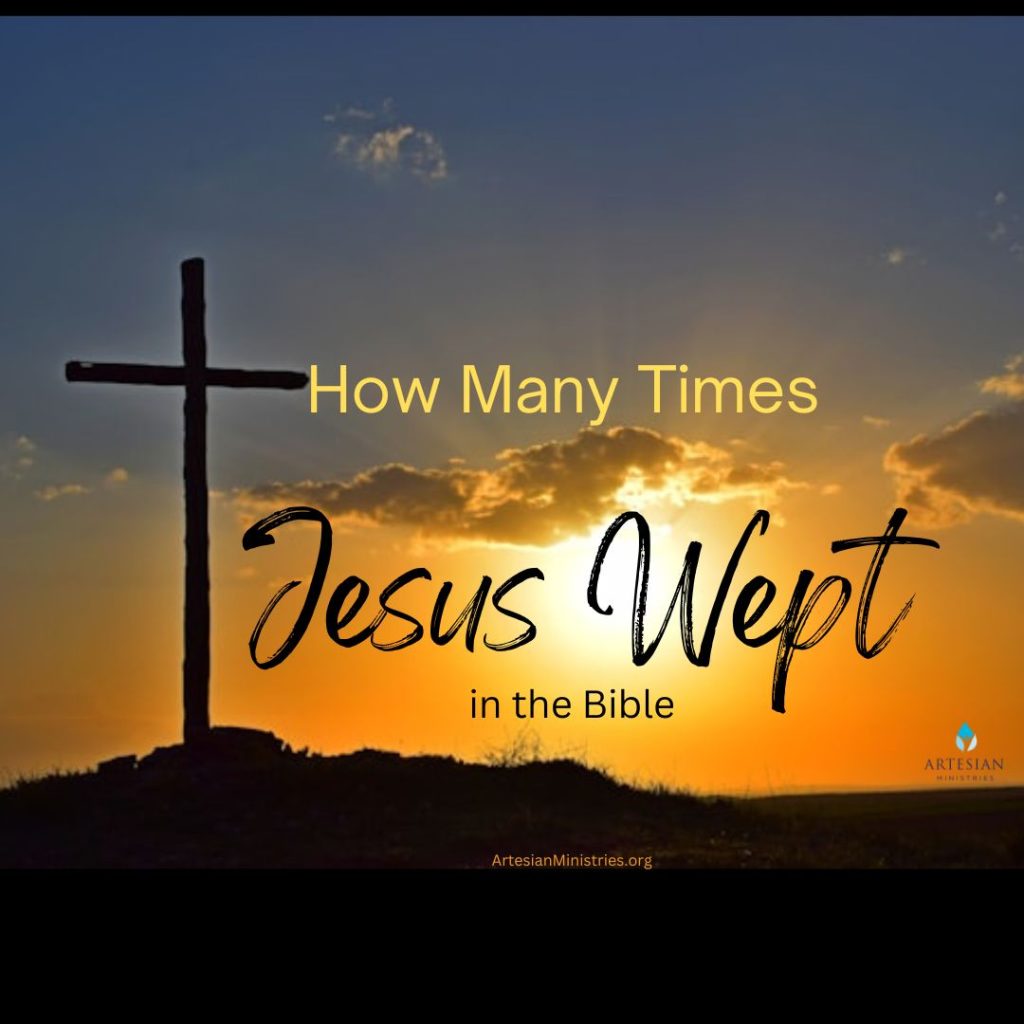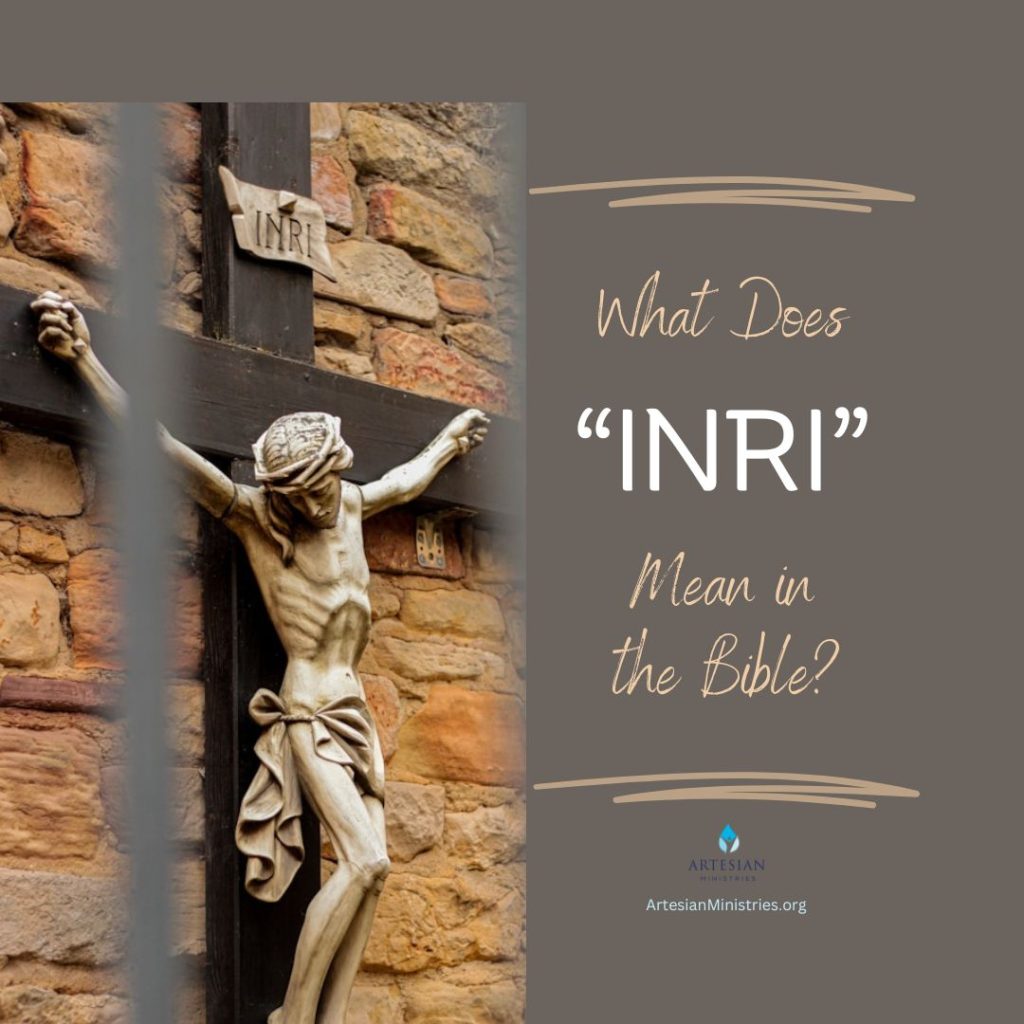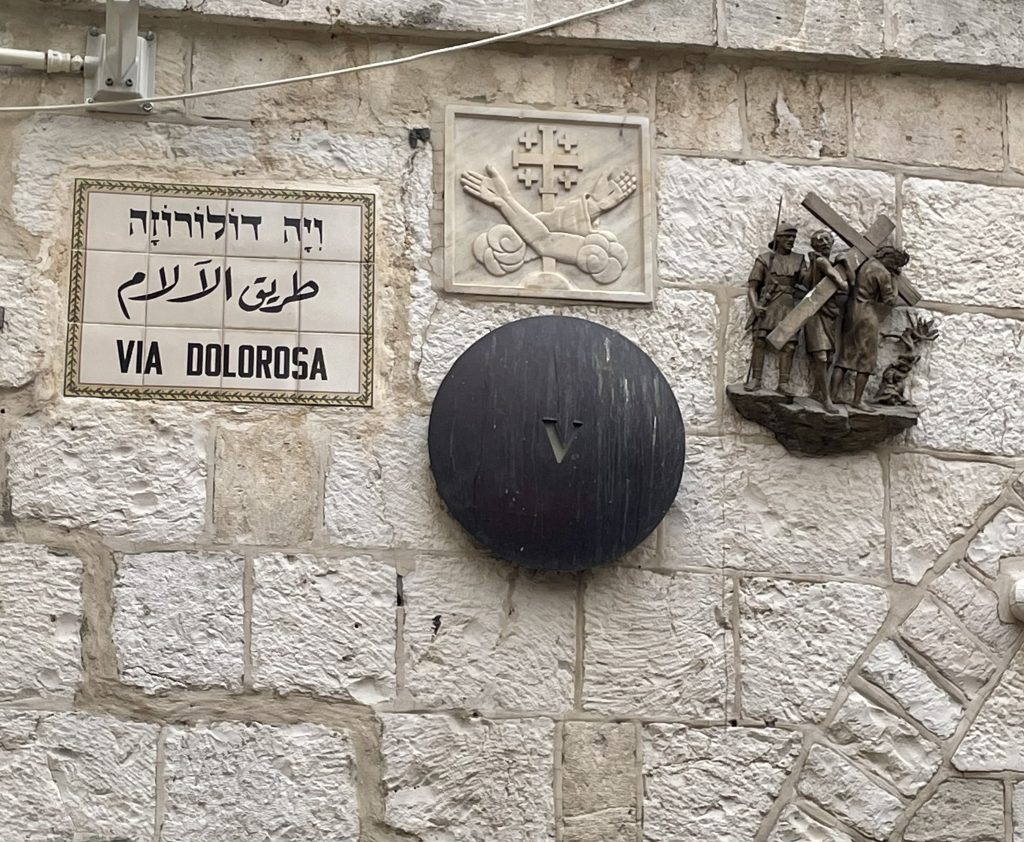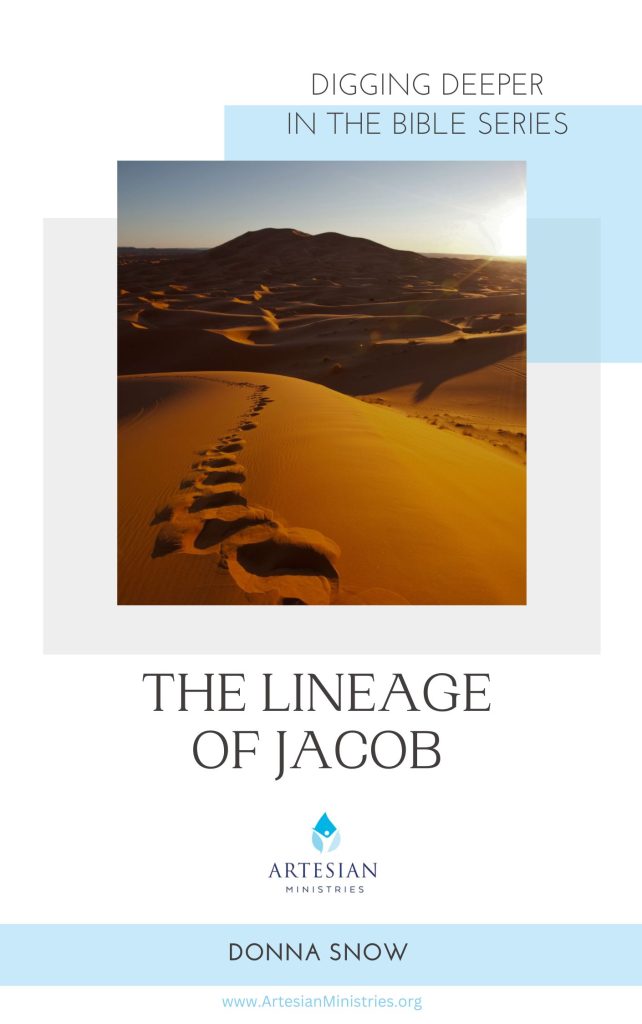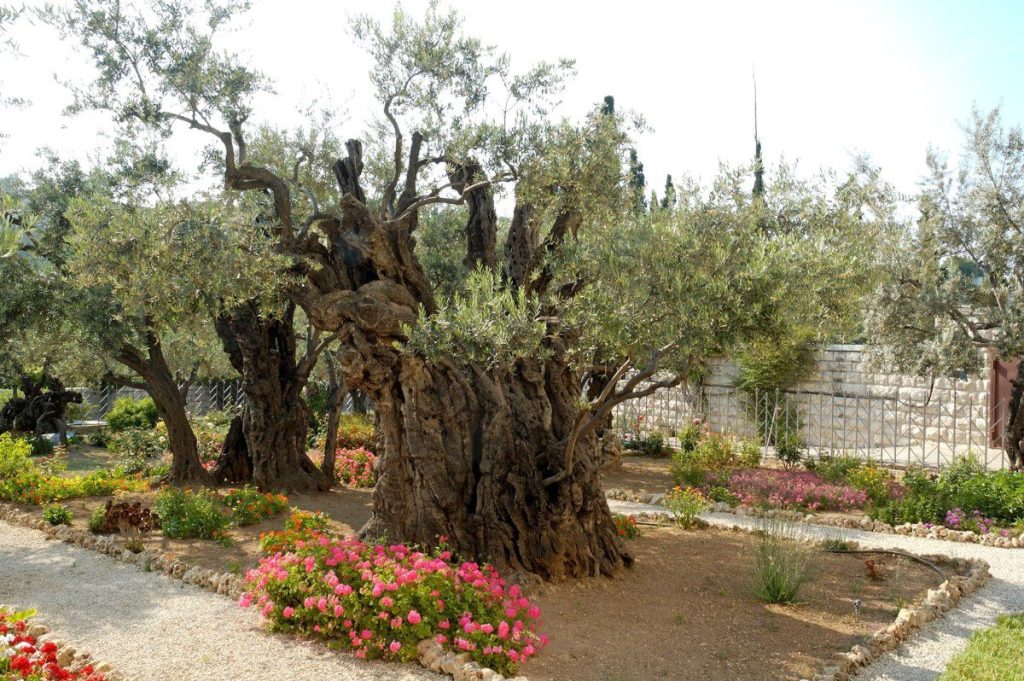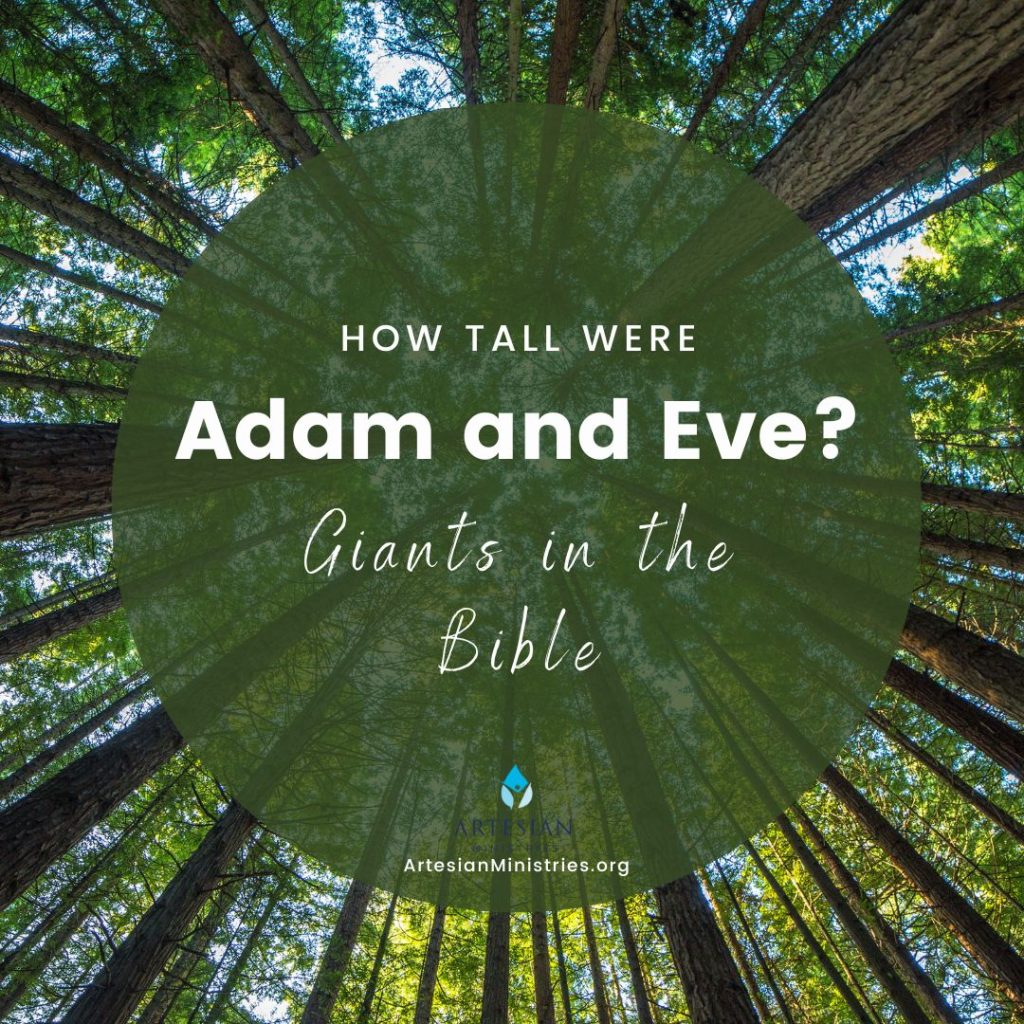It is hard to believe another new year is almost underway. The first day of January often finds us longing for a fresh start. I pray that these New Year’s Christian quotes and Bible verses inspire you!

Many of us faced significant challenges over this past year. Health issues, difficulties with family members, and financial strain leave us longing for a glad new year.
God’s grace still abounds in our present circumstances even as we pray and plan for the upcoming year. The first step toward a meaningful new year begins by knowing we are a new creation in Christ.
As Christians, we continue to look to God and God’s Word to write a fresh page of new hope in our lives. I’m thankful that we have the gift of faith in Christ Jesus!
We can trust God’s promises of new life, a new day, and a new chapter. We can steer our hearts and minds into the start of a new year leaning into God’s love.
Many people make a list of New Year’s resolutions and hope for good luck. But the source of new beginnings is the Father of our Lord Jesus Christ.
God’s way is the only way we can walk into the new year in living hope. Now is a good time to begin a new year on the right path. I pray that these New Year’s Christian quotes and Bible verses provide a solid starting place.

Best Bible Verses
God’s Word provides the anchor we need for a prosperous new year. Knowing the will of God and trusting in His perfect time for all things makes all the difference.
You can add to this collection of new year Bible verses to tailor where God is leading you this year. Write your favorite verses on a piece of paper to carry with you.
God’s message of love is especially needed this time of year where you may be weary or discouraged. Take heart!
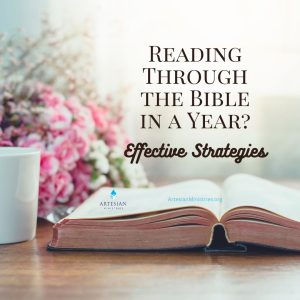
Something New Bible Verses
2 Corinthians 5:17 – ”Therefore, if anyone is in Christ, the new creation has come: The old has gone, the new is here!”
Isaiah 48:6 – “You have heard; now see all this; and will you not declare it? From this time forth I announce to you new things, hidden things that you have not known.”
Psalm 65:11 – “You crown the year with your bounty, and your carts overflow with abundance.”
Isaiah 43:18-19 – “Forget the former things; do not dwell on the past. See, I am doing a new thing! Now it springs up; do you not perceive it? I am making a way in the wilderness and streams in the wasteland.”
Revelation 21:5 – ”And he who was seated on the throne said, “Behold, I am making all things new.” Also he said, “Write this down, for these words are trustworthy and true.”
Lamentations 3:22-24 – “The steadfast love of the Lord never ceases; his mercies never come to an end; they are new every morning; great is your faithfulness. ‘The Lord is my portion,’ says my soul, ‘therefore I will hope in him.'”
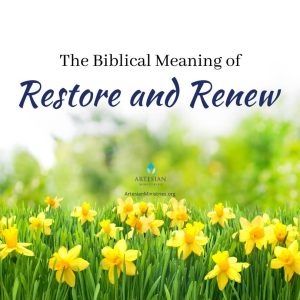
Start with the Heart Bible Verses
Psalm 51:10 – “Create in me a clean heart, O God. Renew a loyal spirit within me.”
Deuteronomy 4:29 – “But if from there you seek the Lord your God, you will find him if you seek him with all your heart and with all your soul.”
Proverbs 3:5-6 – “Trust in the Lord with all your heart, and do not lean on your own understanding. In all your ways acknowledge him, and he will make straight your paths.”
Psalm 37:4 – “Delight yourself in the Lord, and he will give you the desires of your heart.”
Peace Bible Verses
John 16:33 – ”I have said these things to you, that in me you may have peace. In the world you will have tribulation. But take heart; I have overcome the world.”
Colossians 3:15 – “And let the peace of Christ rule in your hearts, to which indeed you were called in one body. And be thankful.”
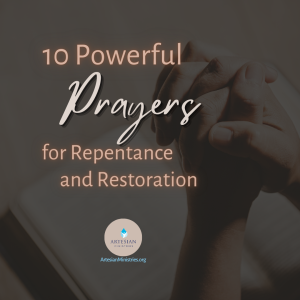
Prayer and Praise Bible Verses
2 Chronicles 7:14 – “If my people who are called by my name humble themselves, and pray and seek my face and turn from their wicked ways, then I will hear from heaven and will forgive their sin and heal their land.”
Psalm 40:3 – “He put a new song in my mouth, a song of praise to our God. Many will see and fear, and put their trust in the Lord.”
Romans 15:13 – ”May the God of hope fill you with all joy and peace in believing, so that by the power of the Holy Spirit you may abound in hope.”
Philippians 4:6-7 – “Do not be anxious about anything, but in everything by prayer and supplication with thanksgiving let your requests be made known to God. And the peace of God, which surpasses all understanding, will guard your hearts and your minds in Christ Jesus.”
Colossians 3:17 – ”And whatever you do, in word or deed, do everything in the name of the Lord Jesus, giving thanks to God the Father through him.”
Related post: 10 Powerful Prayers for Repentance and Restoration
Overcoming Fear Bible Verses
Joshua 1:9 – ”This is my command—be strong and courageous! Do not be afraid or discouraged. For the Lord your God is with you wherever you go.”
Exodus 20:20 – “Moses said to the people, ‘Do not be afraid. God has come to test you, so that the fear of God will be with you to keep you from sinning.'”
Daniel 10:19 – “And he said, ‘O man greatly loved, fear not, peace be with you; be strong and of good courage.’ And as he spoke to me, I was strengthened and said, ‘Let my lord speak, for you have strengthened me.”
Hebrews 12:1-2 – ”Therefore, since we are surrounded by so great a cloud of witnesses, let us also lay aside every weight, and sin which clings so closely, and let us run with endurance the race that is set before us, looking to Jesus, the founder and perfecter of our faith, who for the joy that was set before him endured the cross, despising the shame, and is seated at the right hand of the throne of God.”
Related Post: Top 50 Encouraging Psalms in the Bible for Every Day
Our Great God Bible Verses
Psalm 103:8-10 – “The Lord is merciful and gracious, slow to anger and abounding in steadfast love. He will not always chide, nor will he keep his anger forever. He does not deal with us according to our sins, nor repay us according to our iniquities.”
Jeremiah 29:11 – ”For I know the plans I have for you, declares the Lord, plans for welfare and not for evil, to give you a future and a hope.”
Psalm 65:5 – “By awesome deeds you answer us with righteousness, O God of our salvation, the hope of all the ends of the earth and of the farthest seas.”
Philippians 4:19 – ”And my God will supply every need of yours according to his riches in glory in Christ Jesus.”
Romans 8:28 – ”And we know that for those who love God all things work together for good, for those who are called according to his purpose.”
Related post: 100 Promises of God in the Bible to Strengthen Your Faith

Our Hope For the New Year and Beyond
1 Peter 1:3-7 – ”Blessed be the God and Father of our Lord Jesus Christ! According to his great mercy, he has caused us to be born again to a living hope through the resurrection of Jesus Christ from the dead, to an inheritance that is imperishable, undefiled, and unfading, kept in heaven for you, who by God’s power are being guarded through faith for a salvation ready to be revealed in the last time. In this you rejoice, though now for a little while, if necessary, you have been grieved by various trials, so that the tested genuineness of your faith—more precious than gold that perishes though it is tested by fire—may be found to result in praise and glory and honor at the revelation of Jesus Christ.”
Best New Year’s Christian Quotes
The Bible is our first resource. However, I also compiled this collection of Christian new year wishes and religious quotes from well-known and loved Christian writers and teachers.
Any religious new year quotes that leave out the power and love of God fall short in a world that desperately needs hope. God alone is our plumb line!
As you exited the previous year on New Year’s Day, I pray that these quotes encourage you to be a whole-hearted follower of God.
Our nature desire for a prosperous new year usually includes material blessings. While we need certain necessities to sustain us, we can only find true joy, unending hope, and unwavering peace by committing our ways to the Lord.
These writers and teachers understand that godly principle. God’s blessings only come when we faithfully follow God’s will. Best wishes for a new year come from the Lord and not simply good luck.
Related Bible study: Perseverance: Praying Through Life’s Challenges
Christian Quotes for the New Year
“Resolution One: I will live for God. Resolution Two: If no one else does, I still will.” —Jonathan Edwards
“Being in Christ, it is safe to forget the past; it is possible to be sure of the future; it is possible to be diligent in the present.” —Alexander MacLaren
“God is the only one who can make the valley of trouble a door of hope.” —Catherine Marshall
“The God who made us also can remake us.” —Woodrow Kroll

Christian Quotes from Elisabeth Elliot
“New Year’s Day is a good time to fix one’s eyes on the only One who knows what the year is to hold.” —Elisabeth Elliot
“This year, let us ask God to dissolve all our hopes into a single hope: to know Christ and to be found in Him. May this be a year of desire radically transformed, a deeper, truer, knowing of Christ as our All-Sufficient One.” —Elisabeth Elliot
“Just be obedient. Do today, faithfully, all that the Lord gives you to do. Then, the strength will be given for what’s coming. There is no need to go to pieces. Obey. Today.” —Elisabeth Elliot
“Faithfulness today is the best preparation for the demands of tomorrow.” —Elisabeth Elliot
“When our plans are interrupted, his are not. His plans are proceeding exactly as scheduled. They include our minutes or hours or years which seem most useless or wasted or unendurable.” —Elisabeth Elliot

Christian Quotes from Theologians
Part of a great year is reading those who love and have studied God’s Word extensively. These New Year’s Christian quotes and Bible verses fit that goal like a glove.
“Don’t you know that day dawns after night, showers displace drought, and spring and summer follow winter? Then, have hope! Hope forever, for God will not fail you!” —Charles Spurgeon
“Let this one great, gracious, glorious fact lie in your spirit until it permeates all your thoughts and makes you rejoice even though you are without strength. Rejoice that the Lord Jesus has become your strength and your song – He has become your salvation.” —Charles Spurgeon
“Hope means hoping when things are hopeless, or it is no virtue at all… As long as matters are really hopeful, hope is mere flattery or platitude; it is only when everything is hopeless that hope begins to be a strength.” —G.K. Chesterton
Christian Quotes from Pastors and Bible Teachers
“Let’s make one resolution this year: to anchor ourselves to God’s grace.” —Chuck Swindoll
“Holiness is the habit of being of one mind with God, according as we find His mind described in Scripture. It is the habit of agreeing in God’s judgment, hating what He hates, loving what He loves, and measuring everything in this world by the standard of His Word.” ―J.C. Ryle, Holiness
“Comebacks don’t seem likely when your back is up against the wall and your hope is depleted. But if you will stay the course, you will discover God’s power to reverse the irreversible in your life. “ —Tony Evans
“There is a common, worldly kind of Christianity in this day, which many have, and think they have enough–a cheap Christianity which offends nobody, and requires no sacrifice–which costs nothing, and is worth nothing.” ―J.C. Ryle

New Year Quotes from Christian Authors
“Never be afraid to trust an unknown future to a known God.” ―Corrie ten Boom
“Faith never knows where it is being led, but it loves and knows the One who is leading.” —Oswald Chambers
“Our quitting point is God’s beginning point.” —Woodrow Kroll
“There are no ‘if’s’ in God’s world. And no places that are safer than other places. The center of His will is our only safety – let us pray that we may always know it!” ―Corrie Ten Boom
“God does not give us everything we want, but He does fulfill His promises, leading us along the best and straightest paths to Himself.” —Dietrich Bonhoeffer
“Because we have been created by a good Creator, we can live with purpose. Because we are loved by a loving Father in heaven, we are free to grow and thrive.” —Peter Jones
“Worry does not empty tomorrow of its sorrow, it empties today of its strength.” ―Corrie Ten Boom, Clippings from My Notebook
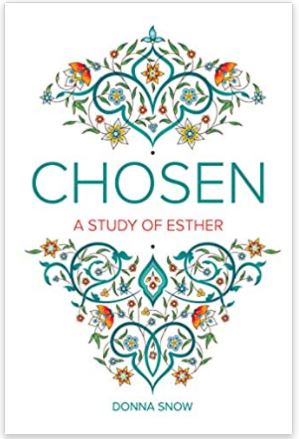
Setting New Goals
If you made resolutions on New Year’s Eve or before the clock struck midnight, I pray that you keep your eyes on Jesus for strength and perseverance.
The object of a new year is not keeping a new year’s resolution but keeping close to the One who makes all things new.
Either way, with God at the center of our lives, He will lead us exactly where He needs us to go for His glory. Keeping these New Year’s Christian quotes and Bible verses at your fingertips serve to remind us.
Final Thoughts on Christian New Year Quotes
As we wrap up this holiday season and say our last new year greetings, we take a deep breath. We see that reflected in these New Year’s Christian quotes and Bible verses.
The good news is that God will do good works in us and for us. He simply loves us too much to leave us struggling with unforgiveness or hurt. The old year has passed. The next year has begun.
By God’s grace, He can make you a better person who diligently walks in His ways of peace. The world needs His peace seen through you.
If you made new year resolutions for the beginning of a new year, may God grant you good health as you open the first chapter of this year. Search out your own New Year’s Christian quotes and Bible verses and keep them in a journal.
As you launch into this first of January you can take comfort that God has good things in store for you, dear friend. He is always in the right place at the right time.
Happy New Year!
Related Posts:
- 12 Powerful Scriptures to Pray for Financial Breakthrough
- Best Bible Reading Plans
- Warriors in the Bible: 13 Essential Life Lessons to Learn

About the Author
Donna is an award-winning author, sought-after speaker, and Bible teacher. Her path from unchurched to becoming passionate about sharing Jesus was difficult. Read about her God-breathed journey: “From Unchurched to Becoming a Multi-Published Author and Sought-After Speaker.” If you want to send Donna a quick message, visit her here.
{Some of these links are affiliate links. If you purchase through that link, the ministry may receive a small commission at no extra cost to you.}

